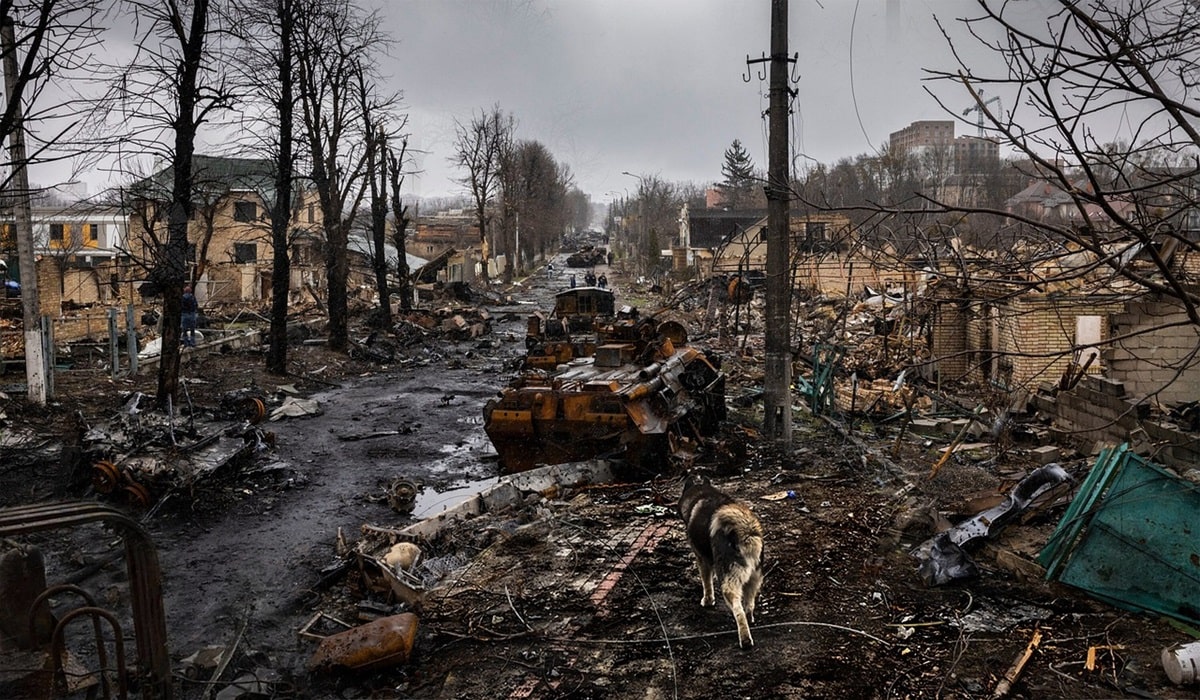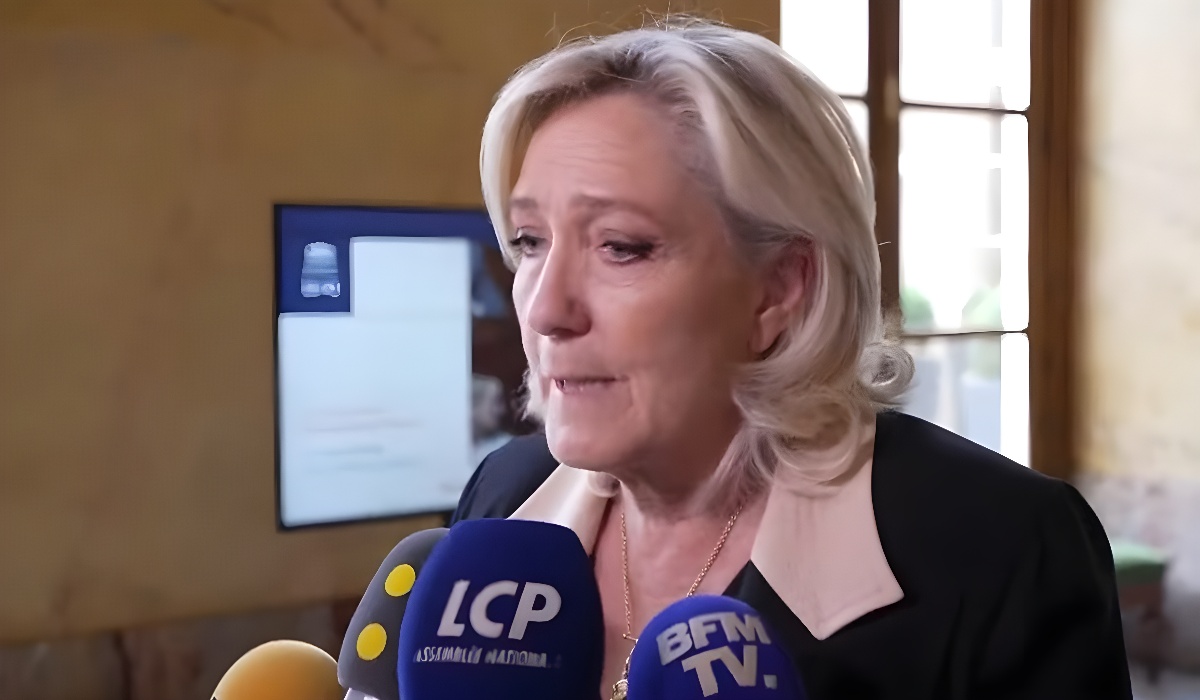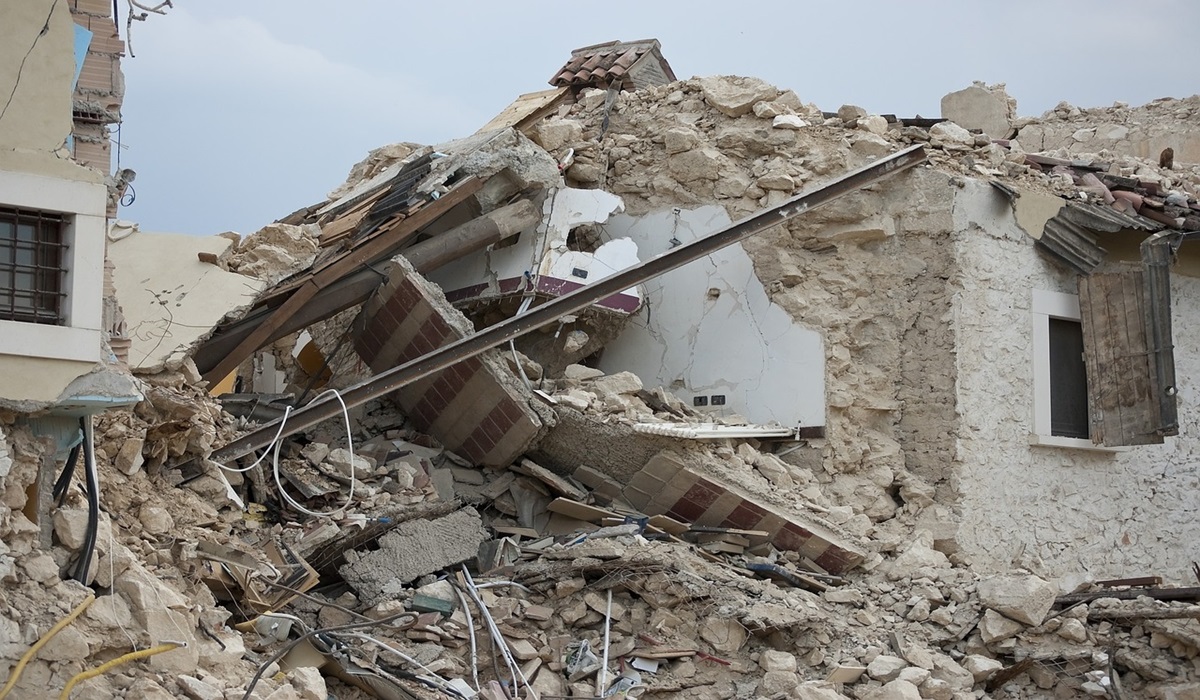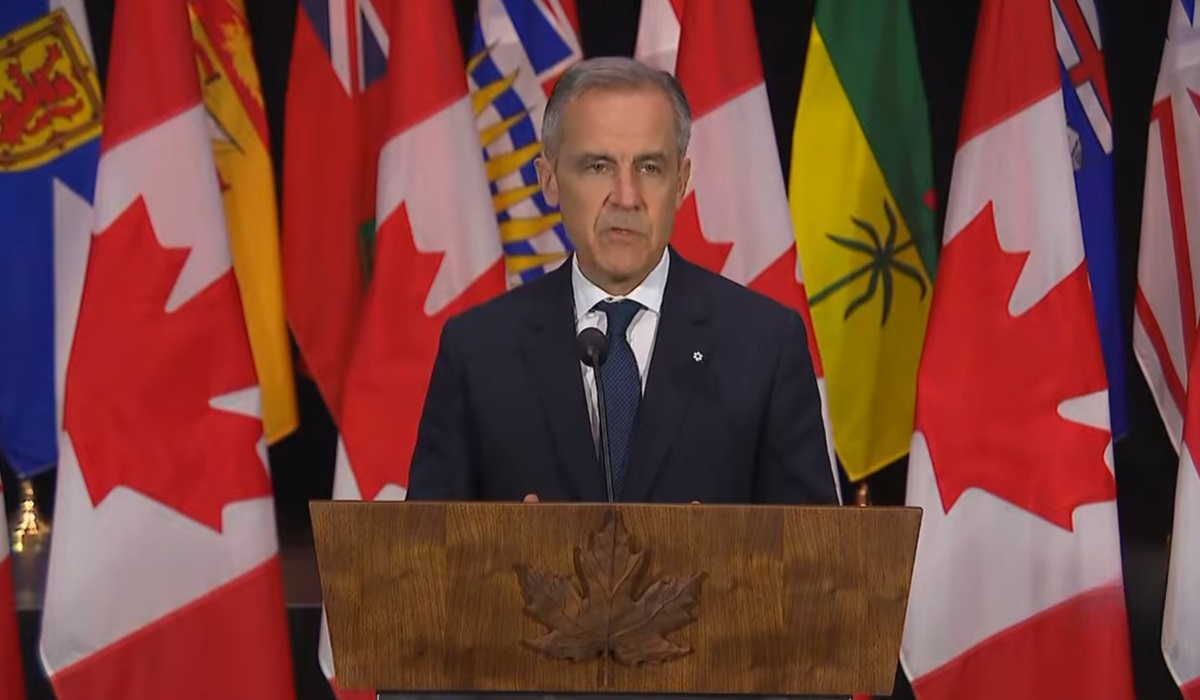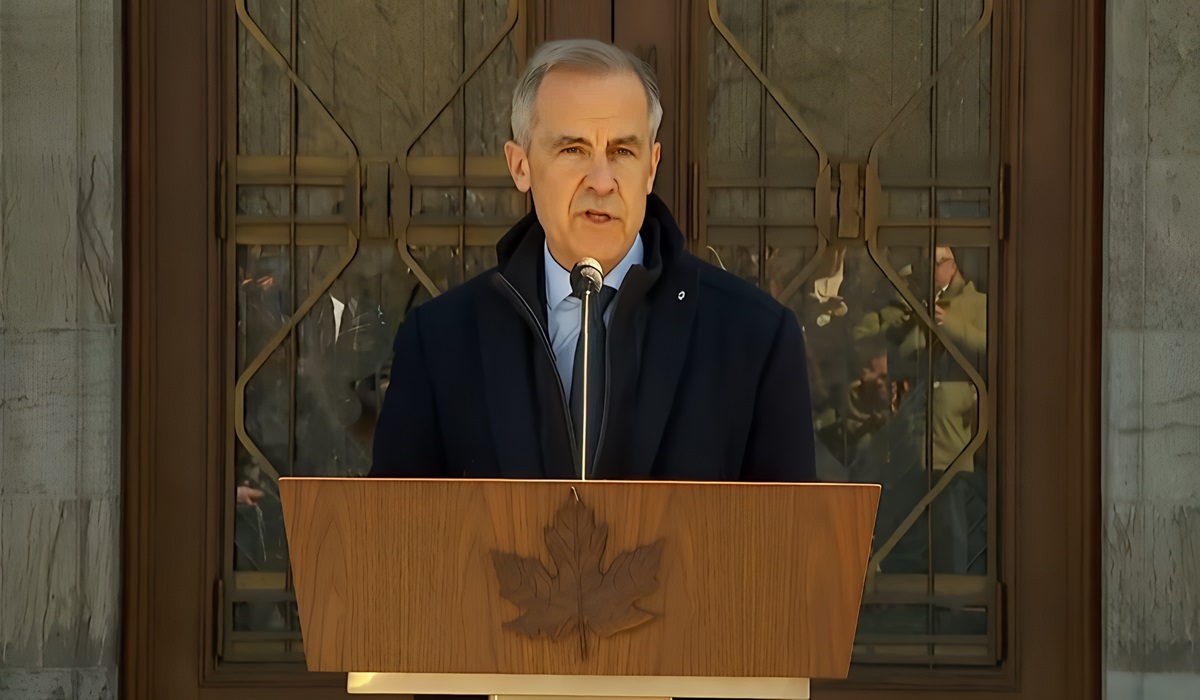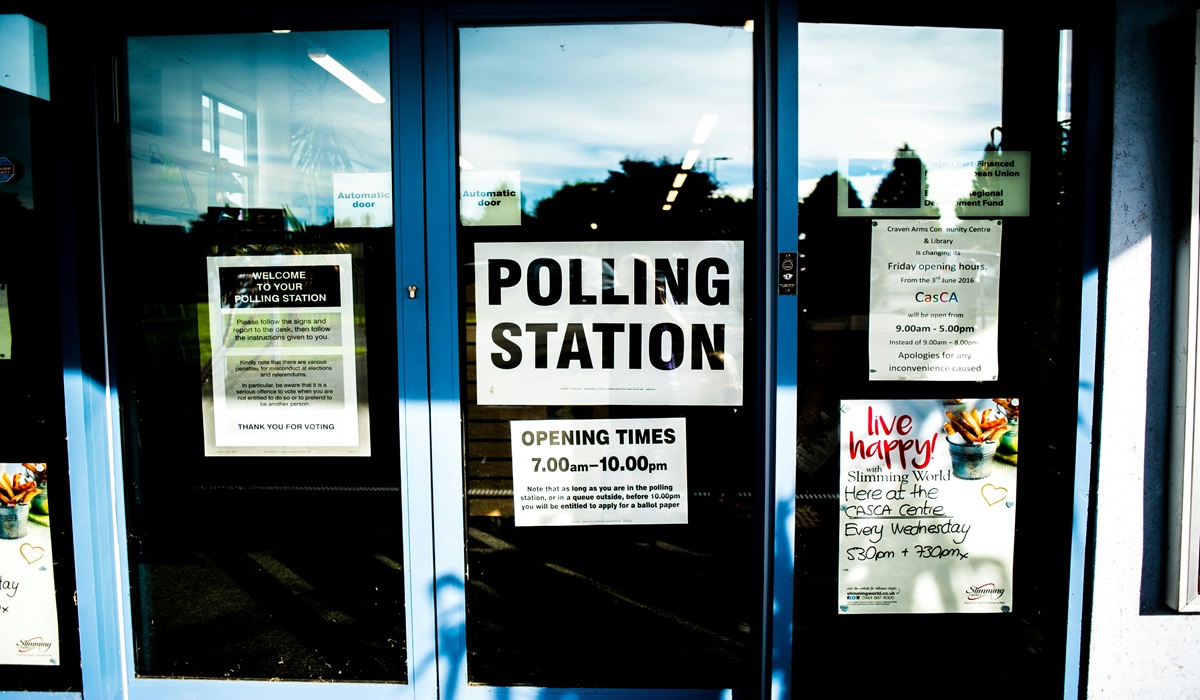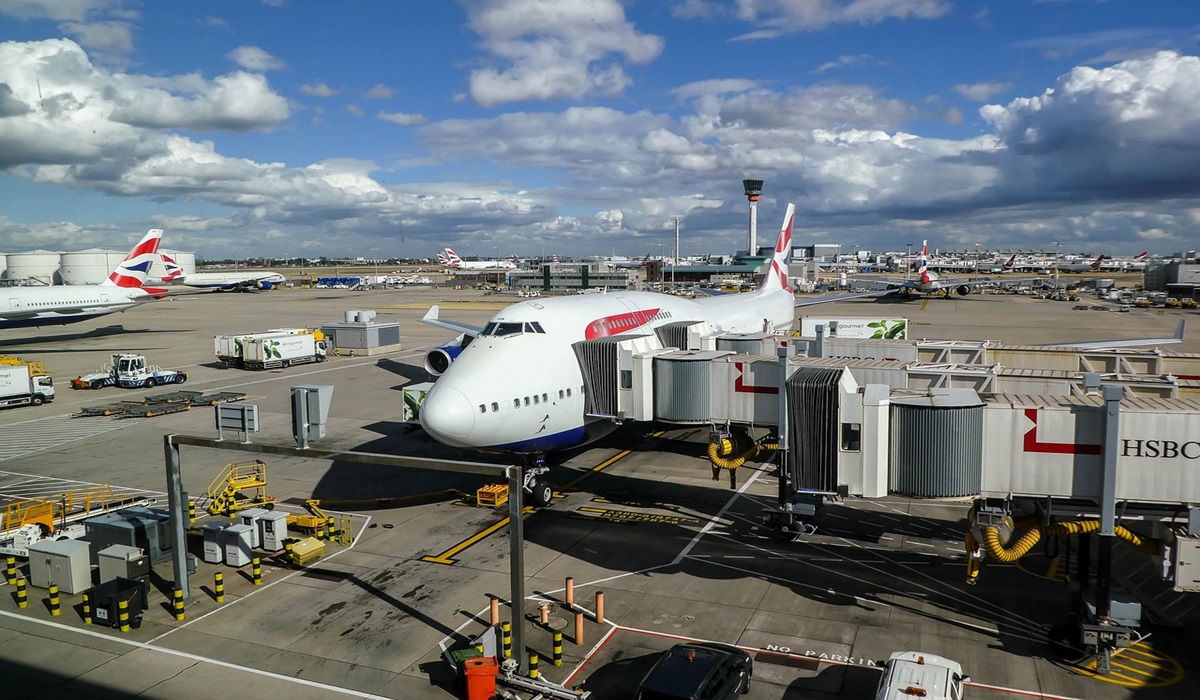Image Credit, Hun Quach
As the world welcomes another year, the reflections on the past feel heavier, more sobering, and impossible to ignore. The promises of peace from those in power have become hollow refrains, echoes of commitments that never materialize. Instead, the banner of peace has been twisted into justification for war, destruction, and exploitation. Those entrusted with leadership continue to pillage under the guise of rebuilding, creating endless cycles of suffering for those they claim to protect.
In Gaza and Palestine, the future remains bleak as bombardments persist, leaving entire communities shattered. The rhetoric of diplomacy dissolves in the face of relentless violence, and the world’s collective conscience grows numb. How many more homes must crumble? How many more lives must be snuffed out before genuine peace takes root? These are not just geopolitical questions; they are human questions, pressing and visceral, demanding answers that seem perpetually deferred.
Indigenous communities across Canada and beyond still wait for something as basic as clean, accessible drinking water—an indignity that stretches into decades. Governments, quick to pledge resources and launch task forces, have been remarkably slow to deliver tangible results. The irony is glaring. Billions are spent, yet the boil-water advisories persist. The most marginalized are left to wonder whether their existence matters in the grand ledger of national priorities.
The streets of Hollywood, Vancouver, and Winnipeg tell another story of neglect. Tent cities rise as monuments to systemic failure, where thousands struggling with addiction and poverty find solace in temporary shelters beneath the stars. Meanwhile, governments throw vast sums at organizations tasked with solving these crises, but the money seldom filters down to those who need it most. Salaries swell, administrative budgets balloon, but the tents remain. The disconnect is palpable, a glaring testament to a system designed more to sustain itself than to heal the wounds it was created to address.
The question now looms over 2025: can it be the year that 2024 was supposed to be? Can the world break free from the cyclical descent into destruction, disappointment, and disillusionment? Or will this year once again serve as a reminder that progress is an illusion reserved for those far removed from the frontline of suffering?
The lessons of the past whisper urgently to those willing to listen—lessons of resilience, resistance, and the undeniable truth that real change will not come from the top. It will rise from the streets, from the communities long overlooked, from the voices drowned out by the roar of jets and the speeches of politicians. Whether it is the families in Gaza, the Indigenous elders on their ancestral lands, or the unhoused in the heart of prosperous cities, their survival alone stands as an act of defiance.
As 2025 begins, the hope is not for miracles but for something far simpler—a willingness to listen, to acknowledge, and to act. Because the world cannot afford another year of waiting for the powerful to remember the people they were meant to serve.

